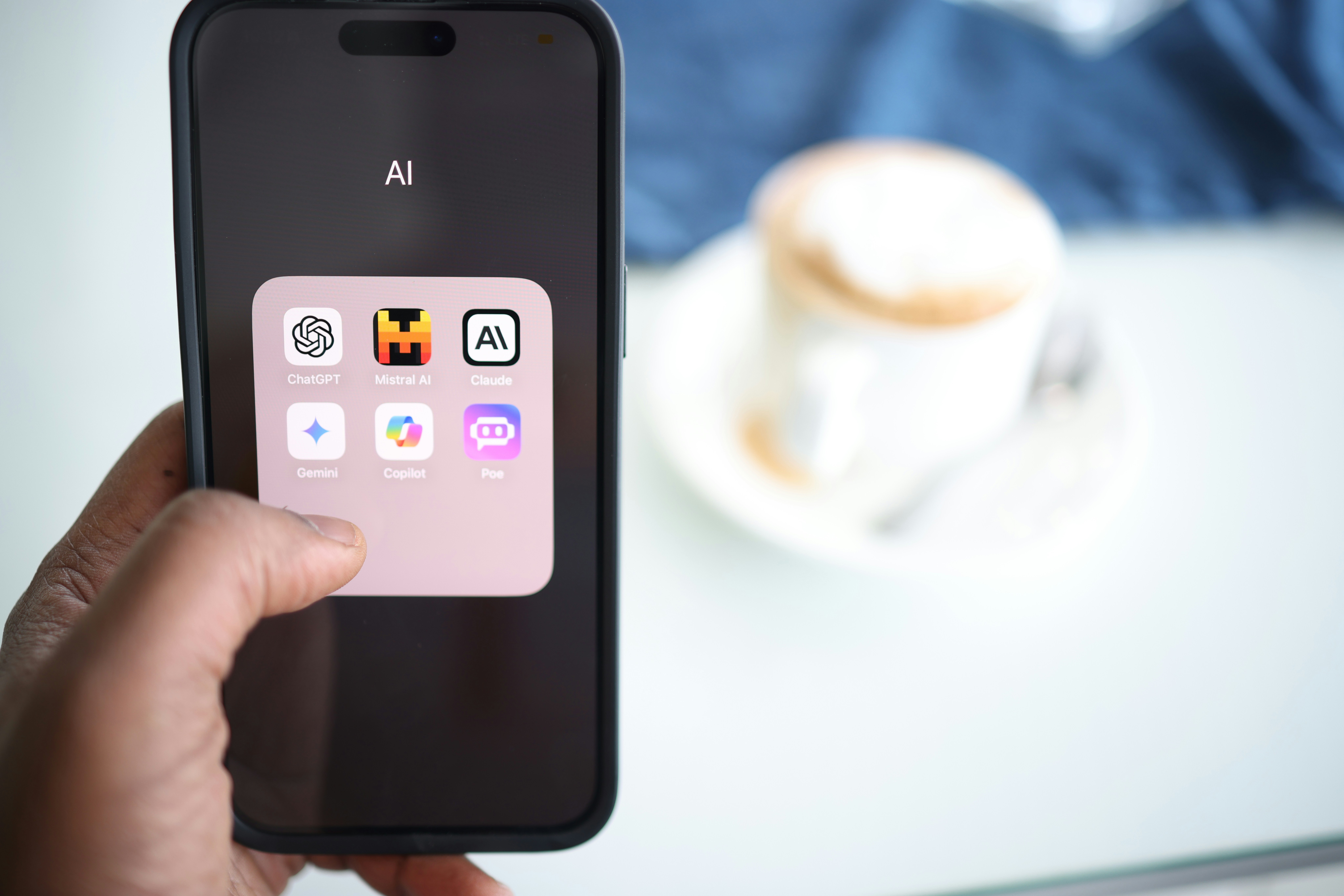Attachments
Note: Not all attachments are visible to the general public. Research URLs will go live after the embargo ends.

Journal/
conference: JAMA Network Open
conference: JAMA Network Open
Research:Paper
Organisation/s:
Stanford University, USA
Funder:
Ms Bedi is supported by the Stanford Graduate Fellowship. Dr Chung is supported by the
Mentored Research Training Grant from the Foundation for Anesthesia Education and Research.



 International
International


